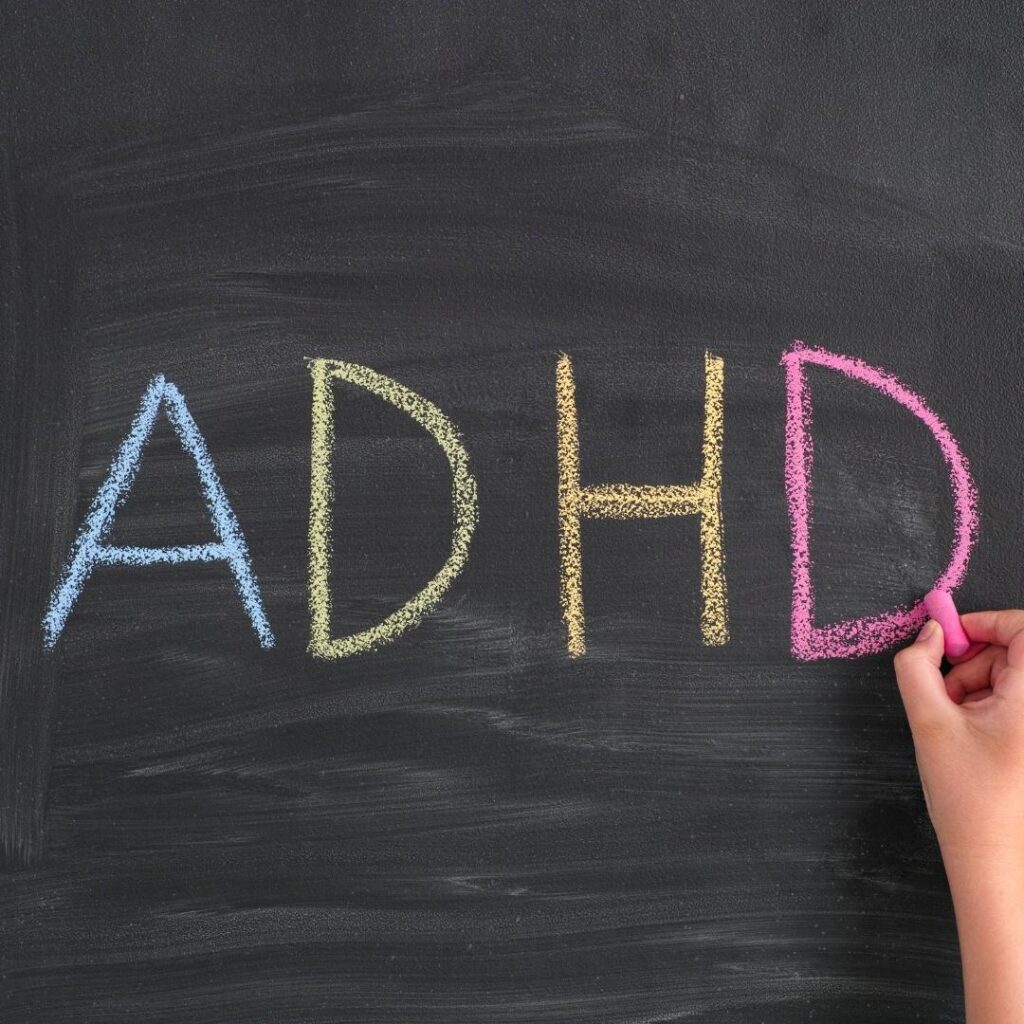The Impact of ADHD on Life Expectancy and Mental Health: What We Can Learn from New Research
Attention Deficit Hyperactivity Disorder (ADHD) stands as a common neurodevelopmental disorder that manifests through concentration challenges and problems with organizational skills and impulse management. ADHD is typically linked to childhood yet often continues into the adult years, where it impacts every life dimension. However, a groundbreaking study published in The British Journal of Psychiatry has revealed a sobering reality: Research from The British Journal of Psychiatry shows that those diagnosed with ADHD suffer reduced life expectancy and increased mental health problems.

Key Findings from the Study
Researchers analyzed the health outcomes of more than 30,000 UK adults with ADHD diagnoses and compared these results to those of near 300,000 people who did not have ADHD. The study team examined life expectancy, mental health status, and concurrent health conditions to understand the higher health risks faced by ADHD patients.
1. Life Expectancy Gap
The study highlighted a significant difference in life expectancy between individuals with ADHD and those without it:
- Men with ADHD had their life expectancy reduced by approximately 4½ to 9 years. This means that, on average, men living with ADHD face a shorter lifespan, which could be due to the combined effects of poor health management, mental health struggles, and lifestyle choices often associated with the disorder.
- Women with ADHD experienced an even greater reduction in life expectancy—ranging from 6½ to 11 years. This disparity suggests that ADHD may have a more pronounced impact on women’s health, possibly influenced by factors such as delayed diagnosis, undertreatment, or unique challenges related to how ADHD manifests in women.
2. Mental Health Risks
Individuals with ADHD were found to be at a substantially higher risk for several mental health conditions, underlining the complex relationship between ADHD and emotional well-being:
- Anxiety and Depression: People who have ADHD commonly face problems in managing their emotions. This produces elevated rates of anxiety and depression. Difficulties with task management and expectation fulfillment create frustration that triggers mood disorders.
- Self-harm and Suicide: People with ADHD experience higher rates of self-harm behaviors and suicide thoughts due to a combination of impulsivity along with emotional dysregulation and persistent feelings of inadequacy or rejection. When ADHD remains undiagnosed or unmanaged the intensity of these problems increases.
- Personality Disorders: People with ADHD show a high rate of simultaneous occurrence with personality disorders, among other mental health conditions. People with ADHD who exhibit impulsivity along with inadequate social abilities and attention difficulties often experience relationship problems and emotional imbalance, which could trigger the cause of personality disorder.
3. Coexisting Conditions
Beyond mental health, ADHD is linked to a variety of coexisting conditions, both psychological and physical, which further contribute to the risks faced by individuals with the disorder:
- Autism and Intellectual Disabilities: The research showed a higher rate of autism spectrum disorder or intellectual disabilities among persons diagnosed with ADHD. This research indicates that ADHD frequently appears alongside various neurodevelopmental disorders, which makes both diagnosis and treatment more complex.
- Harmful Habits: People with ADHD develop harmful habits such as smoking and excessive alcohol use more often than others. People with ADHD frequently use risky behaviours to cope with emotional distress, because their condition leads to impulsive actions and poor self-control.
- Physical Health Conditions: According to the research results individuals who having ADHD face an increased isk of physical health problems. That includes diabetes as well as elevated cholestrol levels and obesity. People with ADHD face shorter life spans because these physical healthconditions add to their total health challenges. People with ADHD who struggles with time management and and self caremay neglect healthy lifestyle choices which can lead to various physical problems.
The research demonstrates how ADHD causes complex issues that affect mental health and physical health simultaneously. Experts advocate for a complete holistic treatment strategy for ADHD which must target both the primary symptoms as well as any related health risks and concurrent disorders. Individuals with ADHD can achieve healthier and longer lifespans through early intervention and proper treatment along with supportive measures.

Understanding the Link Between ADHD and Life Expectancy
Although the study couldn’t establish direct causation, it shed light on several contributing factors:
- Behavioral and Lifestyle Factors: The symptoms of ADHD, including impulsivity and self-regulation difficulties, lead people to adopt unhealthy behaviors like poor nutrition choices and physical inactivity, as well as smoking and substance misuse.
- Mental Health Challenges: People with ADHD typically experience untreated or improperly managed mental health conditions that increase stress levels and decrease general well-being.
- Healthcare Gaps: Many adults in the UK who have ADHD do not receive proper diagnosis or treatment, which results in insufficient support to manage their symptoms.
Strategies to Address the Risks
Although the findings are concerning, they make it clear that early intervention, along with effective treatment and supportive care, has to be prioritized for patients with ADHD. Here’s how individuals and healthcare providers can take action:
- Comprehensive Healthcare:
Healthcare providers need to perform regular assessments of both physical and mental health along with lifestyle habits and potential risk factors during check-ins.
Quality of life improves notably when treatment plans featuring both therapy and medication are discussed, while such conversations also present possible mortality risk reductions.
- Building Coping Mechanisms:
Developing skills for symptom management through time management, emotional regulation, and prioritization requires engagement with mental health professionals.
Therapy services work to resolve mental health conditions, including anxiety, depression, and impulsive behaviors.
- Lifestyle Improvements:
Physical and mental health benefits from people maintaining regular exercise routines together with eating nutritious foods and keeping consistent sleep patterns.
People should stay away from unhealthy activities such as smoking and too much alcohol drinking.
- Community and Support Networks:
Joining ADHD-focused organizations allows individuals to access resources while also finding a community where they belong.
The technique of body doubling involves a person working by the side of someone with ADHD to deliver structure and accountability, which has been noted as an effective approach.
Watch This Video for Additional Insights
For a deeper understanding of ADHD and its impacts, check out this informative video:
Hope for the Future
Despite the challenges, there is optimism. According to research proper treatment through medication can lead to major reductions in mortality risks. Research from Sweden in 2024 revealed that people with ADHD who took medication saw a 19% reduction in mortality risk during the first two years after their diagnosis.
Improved outcomes for ADHD patients are possible when awareness and healthcare deficiencies are both addressed. According to Dr. Josh Stott who led the study research team people with ADHD possess various strengths which enable them to succeed when they receive proper support and treatment.
The Takeaway
ADHD stands as a multifaceted disorder that significantly impacts both mental health outcomes and overall lifespan. The results demand that individuals alongside healthcare professionals and policymakers establish comprehensive care and customized support systems for affected people. When we actively confront these difficulties we can help ADHD patients achieve longer, healthier, and more satisfying lives.
Those who live with ADHD or have loved ones affected by it should pursue professional advice and discover specific support resources which match their personal journey.
